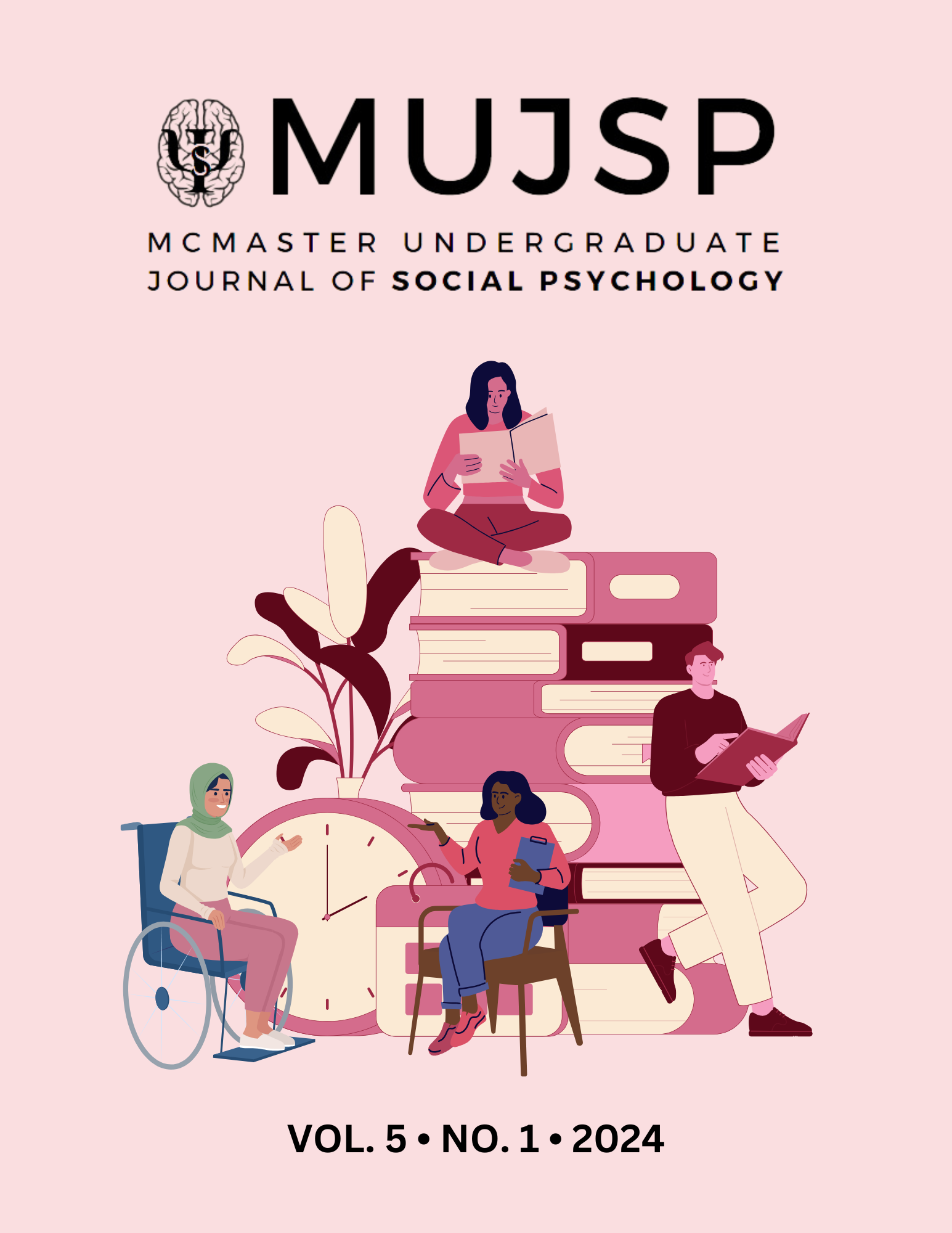White School: Examining the intersection of Racism and Ableism in Western Education
Résumé
Targeting populations affected by the intersection of racism and ableism in Western Education, Fraser and Caka present a literature review of six case studies, traversing from the inner-city struggles of four special education students in the fifth grade to the silence of teacher candidates in several Western United States preschool classrooms. The resounding research question: What are the effects of racism and ableism on the Western education system and the people who interact with it? Fraser and Caka found it challenging to find qualitative studies centring on these two intersections in Canadian literature, exposing an imperative obligation for Canadian academia to examine biases around education, who it serves and who it leaves behind. Caka and Fraser reviewed five qualitative reports from the USA and one from the UK. Two reports from the USA examined graduate students in early education and special education. Graduate students in special education grappled with their revealed implicit bias after taking the Implicit Association Test, doubting the accuracy of the test. Teacher candidates in preschool classrooms exhibited an inability to facilitate in-depth dialogue on these challenging subjects even when opportunities were expressly given to do so. Two reports interviewed students on their experiences as racialized learners in special education in the United States. One paper was written by Emily and Zhey, two American graduate students’, retelling their intersectional journey facing racism and laissez-faire ableism. A prominent example of this is Zhey’s experience of PTSD after a terrorist attack on their hometown during their post-grad education. While the accessibility accommodations were in place, the pressure and stigma from Zhey’s professors prevented them from using those accommodations to stay home from class to recover. One final article explored the experiences of Pakistani heritage parents spotlighting cultural challenges within the Special Educational Needs and Disability (SEND) landscape, where power differentials and professionals’ lack of cultural understanding led to distrust from Pakistani parents, making it harder for them to access resources. Systemic flaws echo distressing realities for marginalized communities. This exploration exposes systemic failures, advocating for transformative change to dismantle discriminatory practices, foster diversity, and ensure equitable participation, thus aligning with the imperative pursuit of educational equity and justice.


